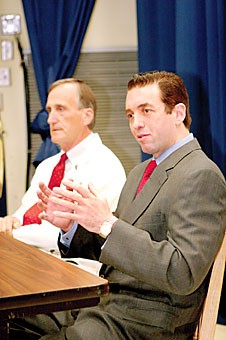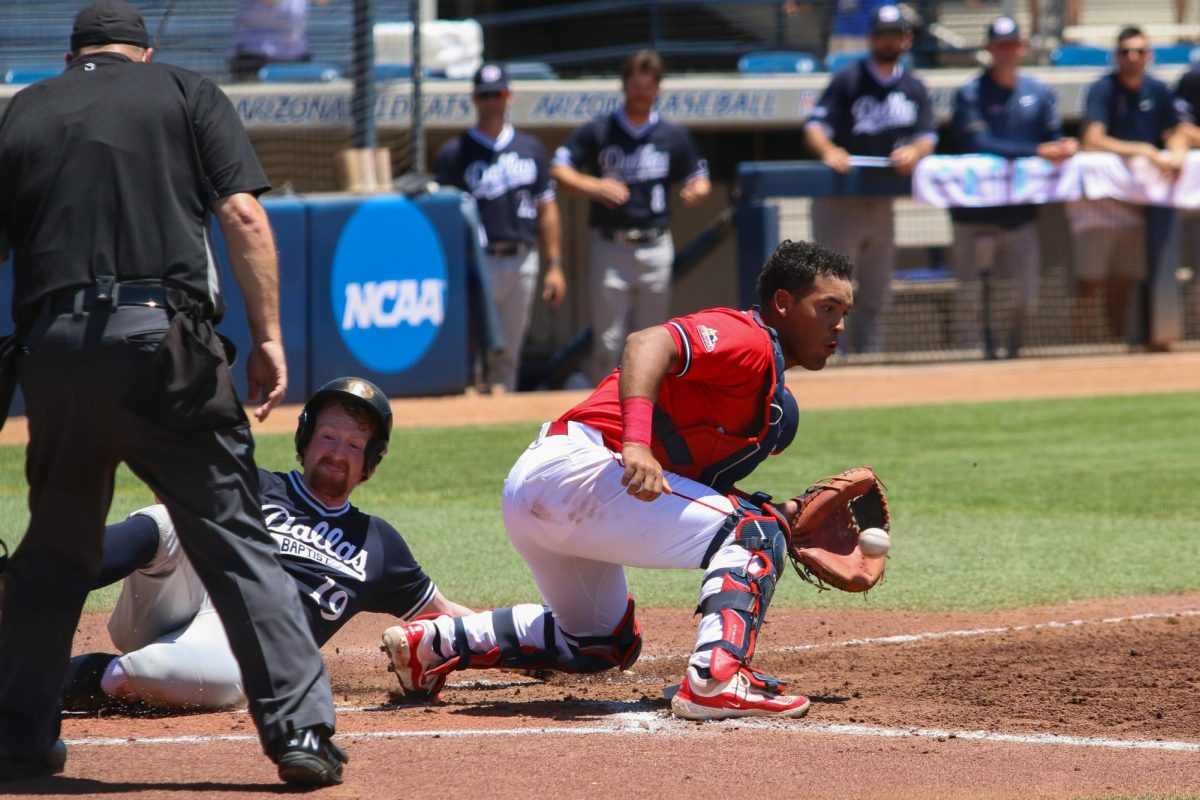A UMC surgeon performed the first liver transplant on Thursday since the Liver Transplant Program’s suspension in 2002.
Dr. Thomas Boyer, medical director of liver transplants at University Medical Center, said the surgery went according to plan and the patient is doing well.
The patient’s name cannot be released because of the Family Educational Rights and Privacy Act.
The UMC pediatric and adult Liver Transplant Program ran from 1992 to 2002, but was discontinued after the previous liver surgeon left, Boyer said.
He said the program’s suspension caused at least 10 transplant patients per year to be redirected from UMC to the Mayo Clinic in Scottsdale.
Boyer added it was inconvenient for ill patients to drive to Phoenix, and the re-instatement of the program will be beneficial because it’s convenient for Tucson citizens.
Now that the United Network of Organ Sharing has re-approved the liver transplant program by hiring a new surgeon, UMC is the only hospital offering transplants to children in Arizona, Nevada and New Mexico, according to a press release.
Boyer said about half of the transplants in the United States are necessitated by Cirrhosis and hepatitis C, and the average life expectancy of a transplant patient is about 13 years.
He said about 170 liver transplants were performed while the program was in effect, but he was unable to estimate how many patients the hospital will have this year with the program up and running again.
Dr. Ernesto Molmenti, who was recruited from John Hopkins University School of Medicine, performed Thursday’s surgery. Even though it was his first liver transplant at UMC, he has participated in 63 kidney transplants since he began working in Tucson in June 2005.
“”Last year, we did the most kidney transplants than any other year in the history of the university,”” Molmenti said.
As far as the liver transplant, he said he was pleased with the results.
“”I feel very happy because we were able to help a (patient) in need of a new liver and (she’ll) be able to return to her normal lifestyle and normal activities,”” Molmenti said.
Boyer thanked the families of donors willing to give their organs because they are the ones making transplant programs possible.
“”Without donors, there’s no transplantation,”” he said.









